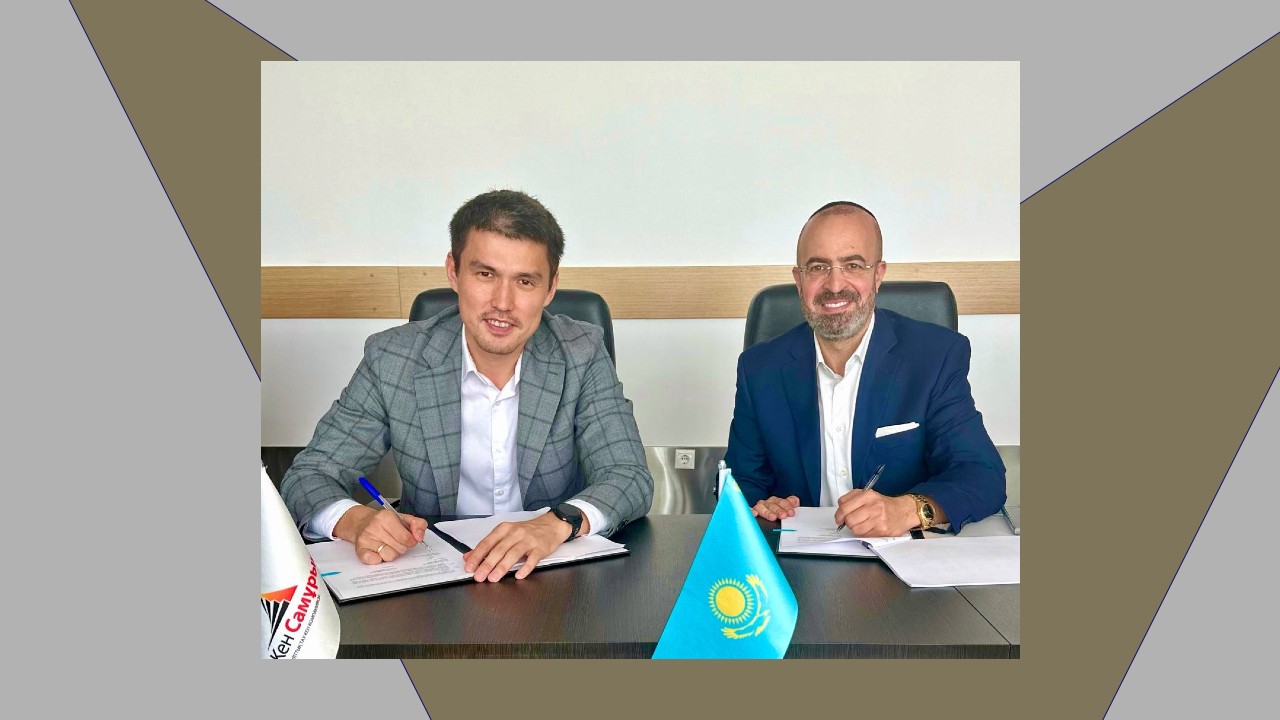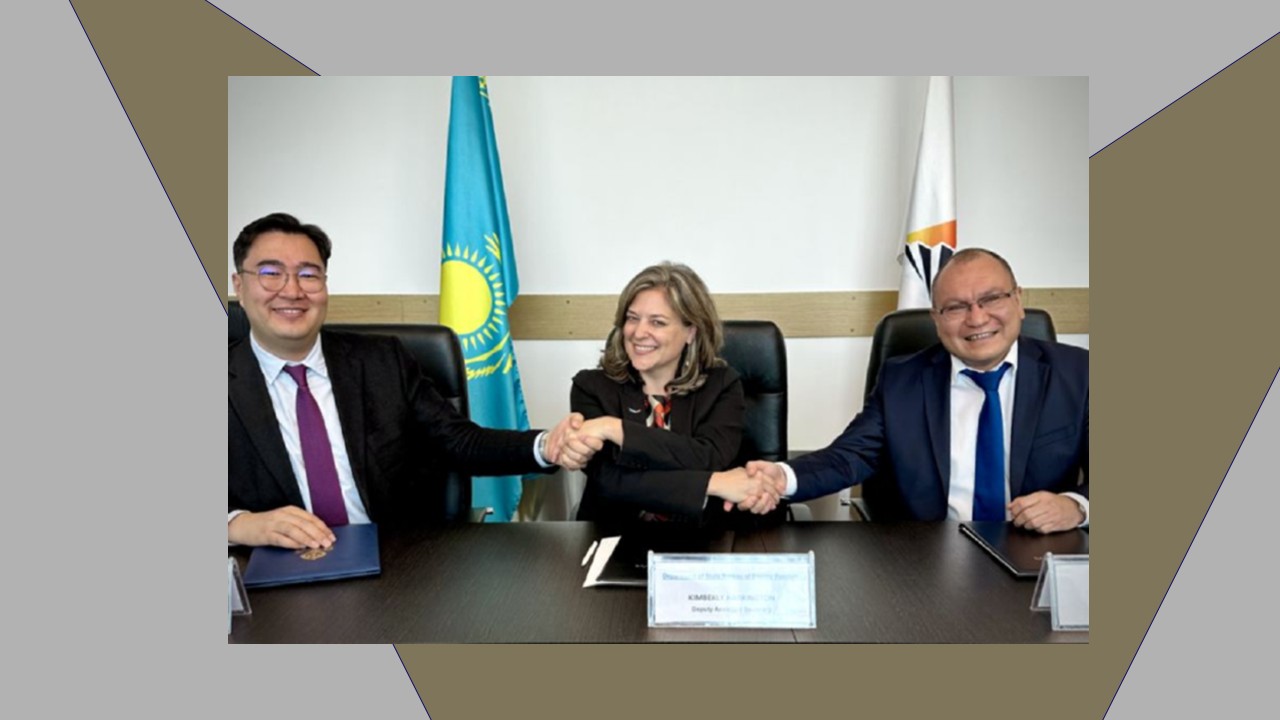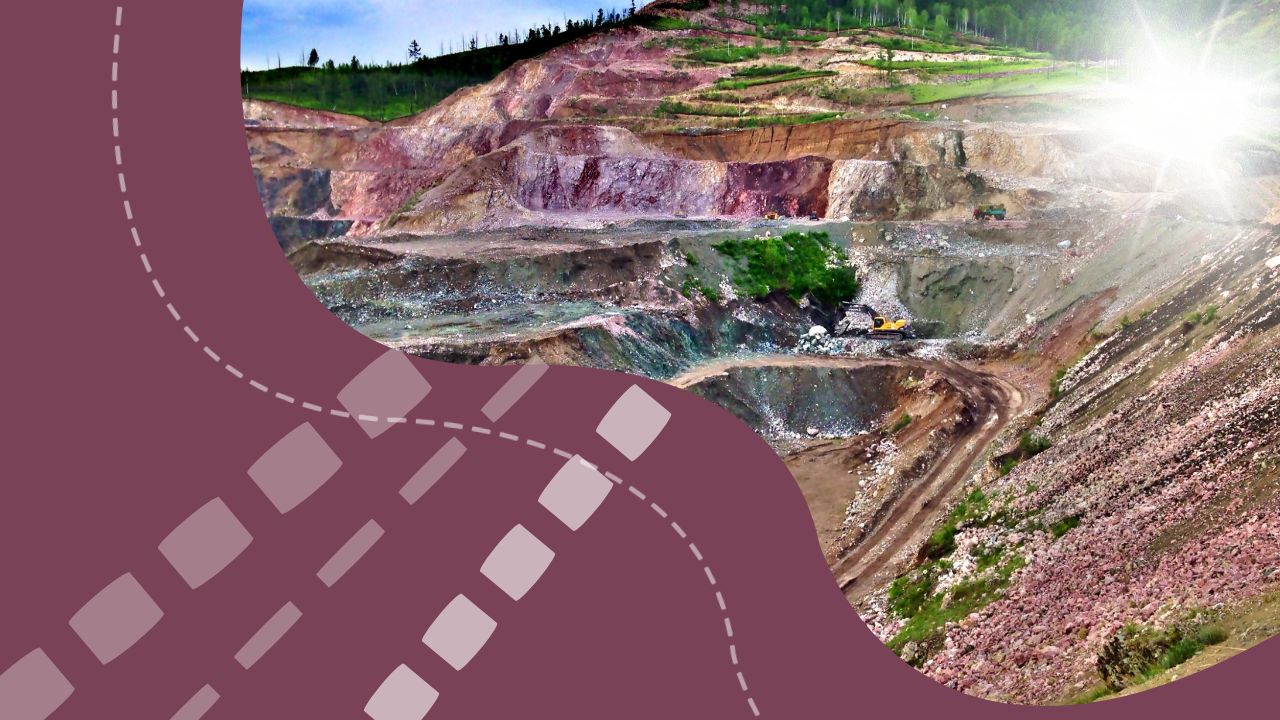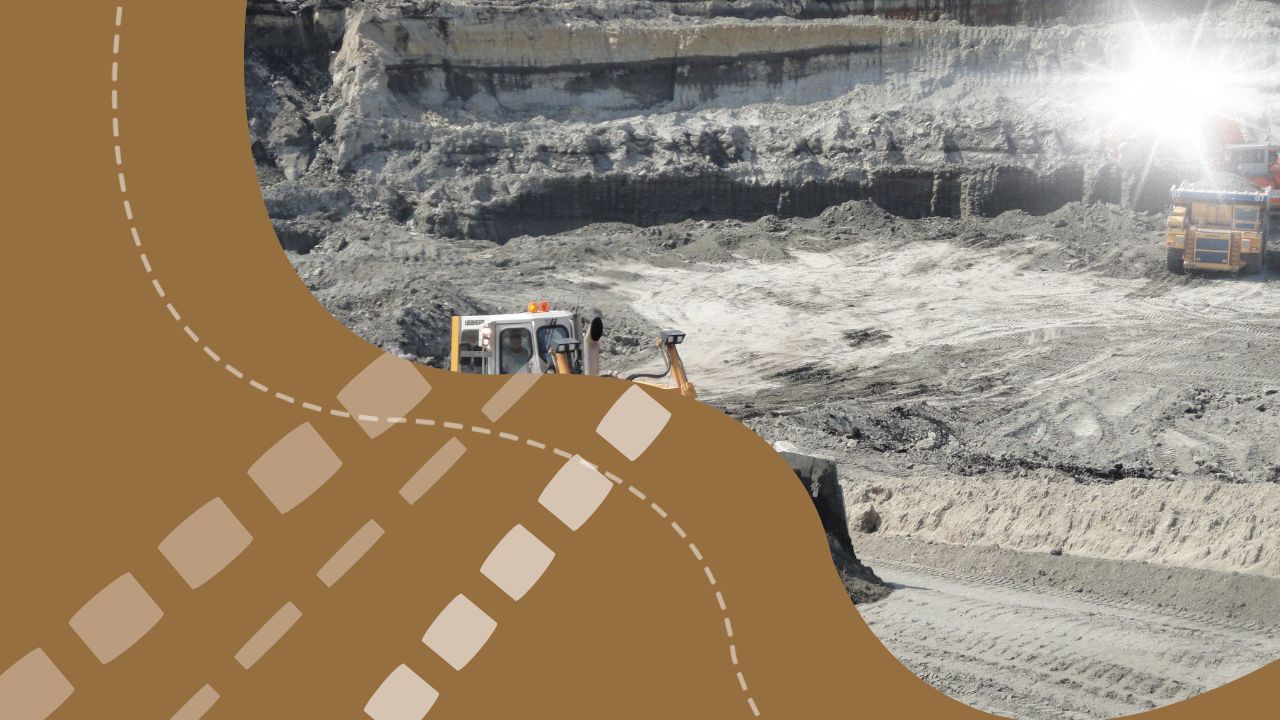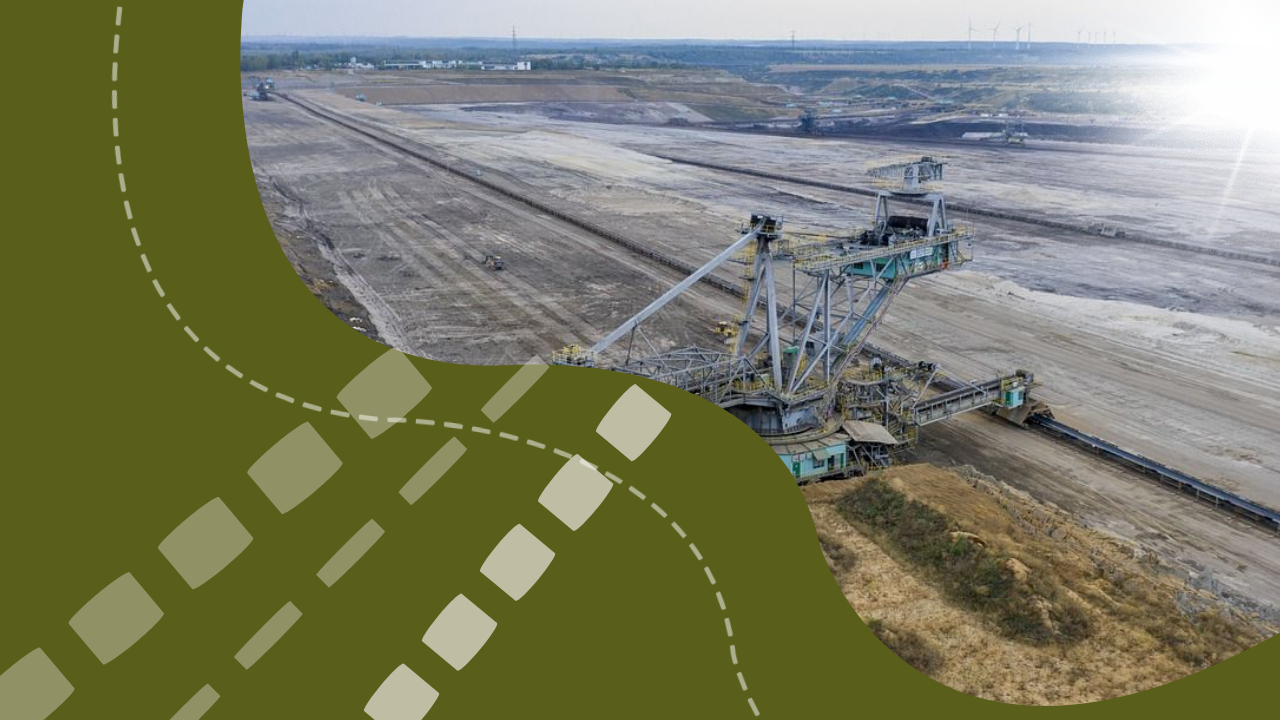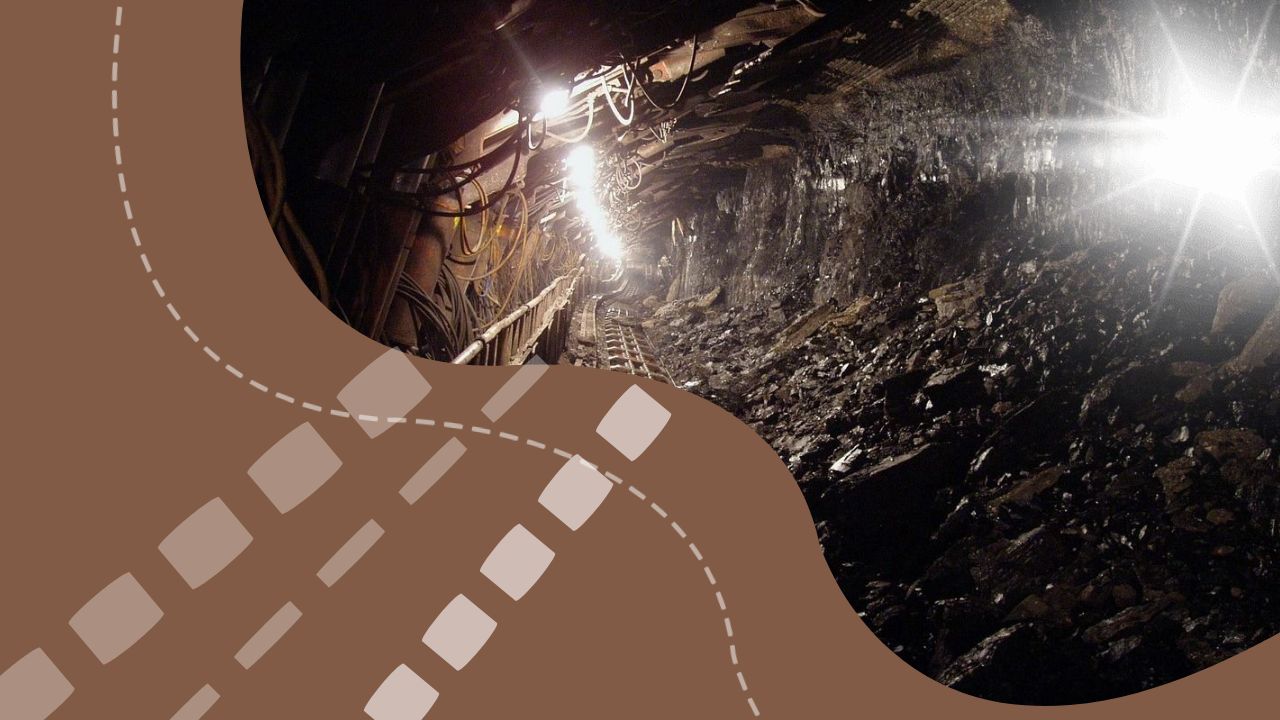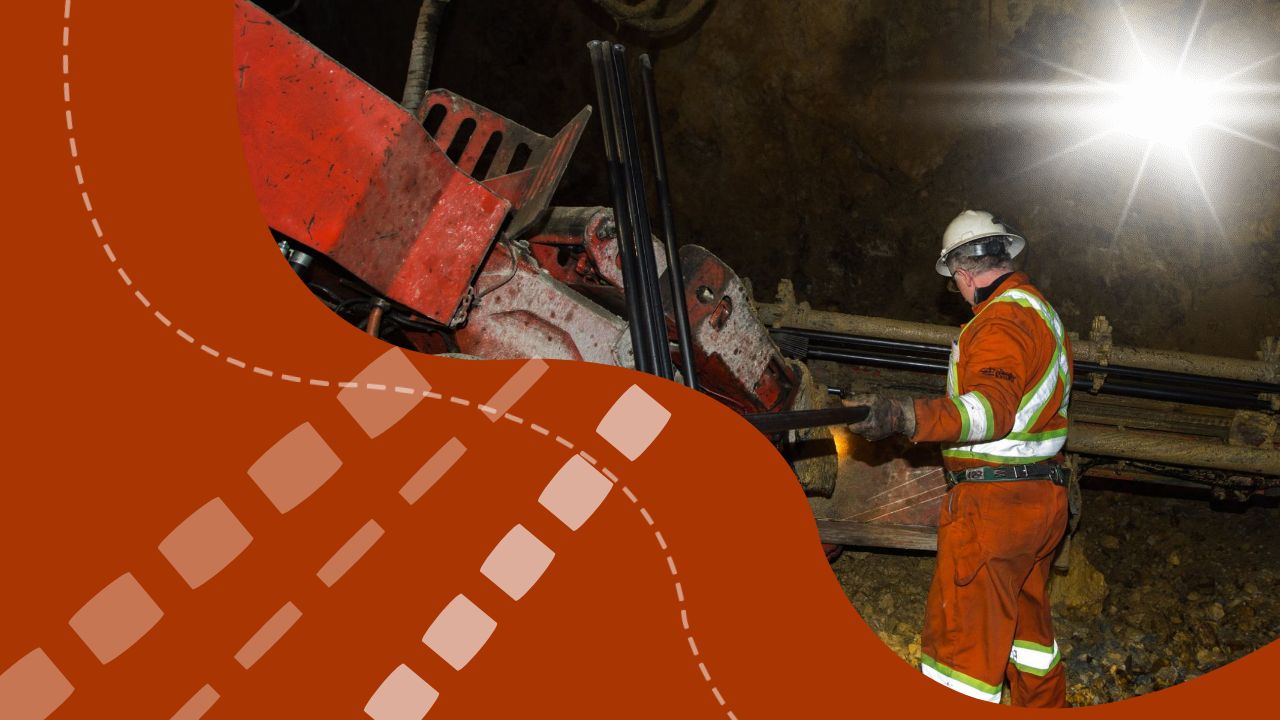The Green Pool scheme was initially floated by the Greek government in July 2022 as part of moves to lower the cost of electricity, which went through the roof last year after Russia invaded Ukraine.
It was designed to help large industrial consumers of electricity like aluminium, steel, glass, or cement, to jointly sign up to corporate power purchasing agreements (PPAs) for renewable electricity, under the supervision of a public body acting as a single buyer and seller for participating companies.
The scheme was aimed at mitigating the costs of re-shaping industrial production to match the variable nature of renewable electricity generation coming from wind and solar power installations – so-called firming or shaping costs.
These costs were identified by the European Commission as a key obstacle preventing industrial consumers of electricity from signing up to Renewable Energy Power Purchase Agreements (PPAs), which Brussels is now promoting as part of its proposed electricity market reform.
However, the scheme was turned down on Friday (6 October) by the European Commission’s competition directorate, according to Mytilineos, the Greek aluminium and energy company.
The main reason put forward by the Commission, according to the Greek company, is that renewable PPAs could not be regarded as “decarbonisation” activities from electro-intensive industries because they are not part of so-called scope 1 emissions – those that producers are directly responsible for.
The underlying rationale communicated to the Greek authorities, they added, was that the Commission does not want energy-intensive industries to benefit from subsidised electricity prices.
The World Bank has identified aluminium as a “high-impact” and “cross-cutting” metal for green energy technologies ranging from electric vehicles to solar photovoltaics and geothermal.
But in Europe, the industry has declined steadily over the years with production dropping from over 4.5 million metric tons 15 years ago to 2.7 million currently.
Contacted by Euractiv, the European Commission did not return emails and phone calls asking for comment. The Greek permanent representation in Brussels also declined comment.
Metal industry dismayed
On the industry side, trade association Eurometaux reacted with dismay.
“We’re surprised and disappointed that the European Commission rejected Greece’s ‘Green Pool’ proposal,” said Guy Thiran, the director general of Eurometaux, which represents non-ferrous metals producers and recyclers.
For Thiran, the Greek scheme “ticked all the boxes” in terms of decarbonisation, competitiveness, and renewables deployment. “It was a crucial model that would also help the metal and power sector’s wider decarbonisation in other EU member states,” he said in emailed comments to Euractiv.
According to him, the scheme would have been instrumental in keeping aluminium manufacturing within the EU’s border at a time when bauxite, alumina and aluminium were added to the EU’s list of critical raw materials.
“Electricity-intensive metals producers are still on their knees from the energy crisis” caused by the war in Ukraine, Thiran said. “If Europe is serious about keeping its strategic metals production ‘Made in Europe’, we urgently need real solutions like the Green Pool,” he added.
Paul Voss, director general of European Aluminium, a trade association, was equally upset.
“We are deeply troubled and genuinely shocked by the rejection of this innovative initiative,” Voss told Euractiv in emailed comments.
“Not only does this decision dangerously undermine the case for investment in solar and wind in Greece, it sends a clear message that energy-intensive industry, even when it’s powered by renewables, simply isn’t wanted in Europe anymore”.
According to Mytilineos, the Green Pool would have led directly to 4 GW of new wind and solar investments in Greece while securing affordable electricity prices for energy-intensive industries.
Moreover, the scheme could have easily been replicated in other countries, which is why it was supported by other EU trade associations like BusinessEurope and WindEurope.
For the aluminium industry, the frustration is made even greater by all the recent EU talk about “strategic autonomy” in the raw materials and energy sector.
In December last year, EU Commission President Ursula von der Leyen promised a “new assertive industrial policy” with streamlined EU state aid rules in response to the US massive green subsidy programme, the Inflation Reduction Act.
Last month, the Commission chief announced that the European Green Deal was entering a new phase focused on industrial policy, starting with the launch of a series of Clean Transition Dialogues with individual sectors of industry.
“The future of our cleantech industry has to be made in Europe,” von der Leyen declared in her annual state of the Union speech to the European Parliament.
However, the Commission’s decision on the Green Pool scheme appears to contradict those declarations, according to European Aluminium.
“How can we possibly reconcile this approach with all the recent discussion about strategic autonomy and sustainable industry?” Voss asked. “Outsourcing heavy industry to other, more carbon-intensive regions might look like an easy way to save energy and reduce emissions in Europe, but its ultimate impact will be to fatally compromise our economy, our security and our environment.”
“This cannot be the way forward,” he added.

